What do a Syrian architect sitting in a Finnish reception centre and a Somalian reporter have in common? They are both able to learn how to program and quickly integrate into Finnish society as a result.
“Integrating immigrants is one of today’s most difficult challenges,” says Daniel Rahman from Integrify, a programming university for immigrants. “It usually takes over five years before an immigrant can find employment and, even then, it is in a low-paying industry. It is terribly expensive and it doesn’t make any sense.”
Integrify is a programming university for immigrants.
There are a lot of well-educated people among arrivals to Finland from overseas and their expertise is going to waste. Even in Finland it is a too familiar sight to see a doctor driving a bus, for example. But at the same time, we have a shortage of programmers. According to an industry association, we currently have 9,000 open vacancies. This costs Finland annually three to four billion euros and the shortage is expected to only get worse.
“At the same time, technology companies and consulting firms have become increasingly English-speaking. The traditional obstacle for employment, speaking Finnish, is not a problem. First-generation immigrants have a historic opportunity to enter the middle class immediately,” says Rahman.
Jobs in the IT industry are well paid and people do not focus on educational credentials. The only thing that matters is if the person knows how to program. The only requirements in Integrify’s education programme are English skills, mathematical logic and motivation.
“Programming is not rocket science. A smart, motivated person can learn it, if they can invest the time and have a high tolerance for sitting.”
Integrify has developed a web application that tests the required skills. In addition, applicants are interviewed. The idea was put to the test through a pilot project for which Integrify identified five highly motivated asylum seekers from reception centres. A home was leased for them and a six-month training programme organised. The days involved disciplined programming from nine to five.
“You can’t become a professional football player by just playing a little football during the weekends. Our goal is to help people gain employment and get their knowledge and skills to a level where they get hired.”
The motivation of those selected for the programme surprised even the organisers. Despite the temptations of the city, many continued programming after classes late into the evening. Four of the five completed the programme and are now employed, get paid wages and have moved to their own homes.
“They didn’t believe that they would be able to integrate so quickly into society and re-establish their self-worth. It was a big thing for us when they told us we had changed their lives.”
During the Ratkaisu 100 competition, it has become clearer to Integrify how to make operations profitable. An IT consulting company will be established in conjunction with the education programme and it will employ some of the students in the programme as consultants.
And it does not require a large investment. With only 250,000 euros, an education programme for 40 people could run for at least six months, according to Rahman.
“The value of one programme is approximately 150,000 euros, according to different calculations. So, the investment would be covered if we could employ two programmers. Our intention is to employ dozens.”
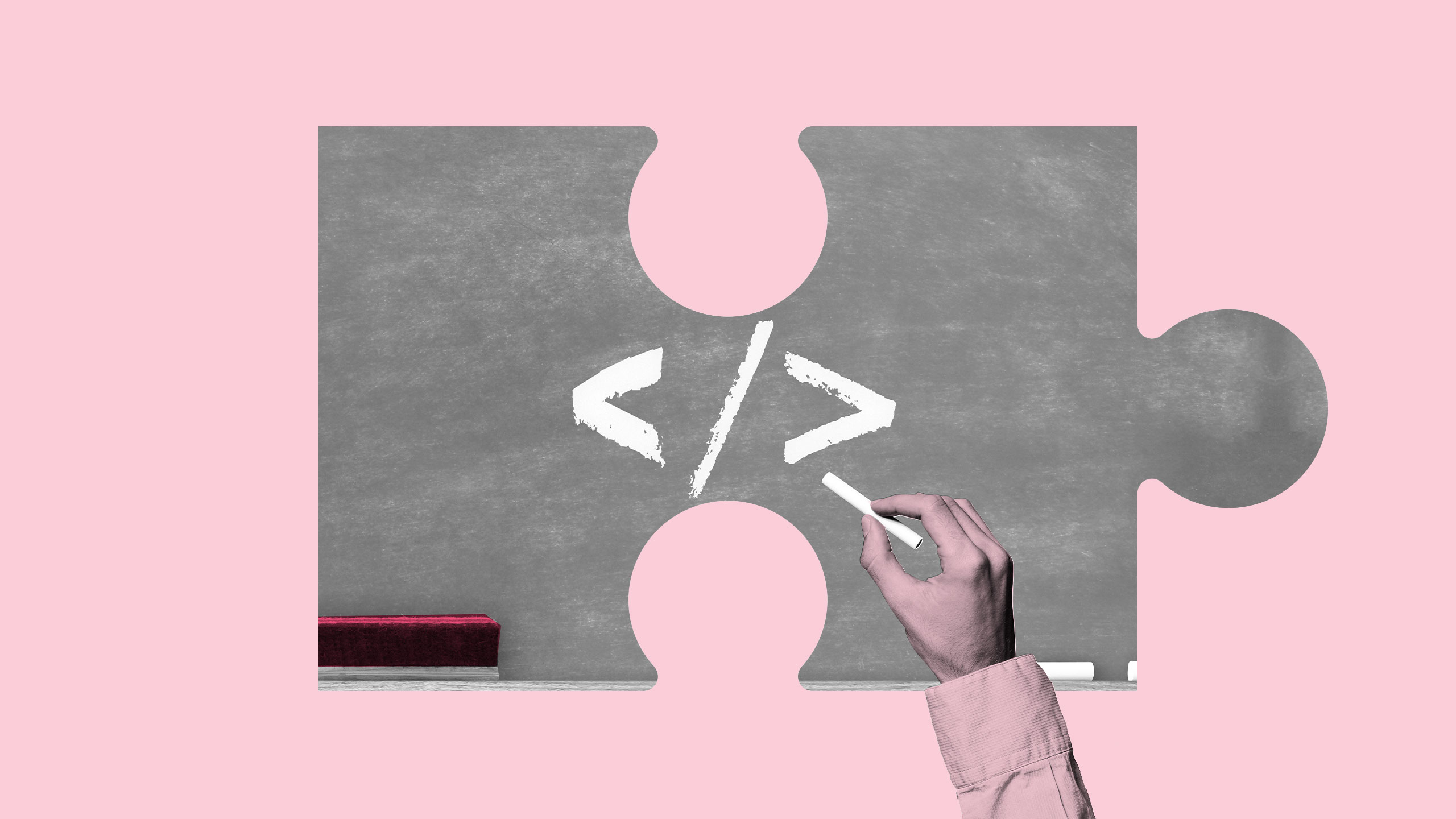


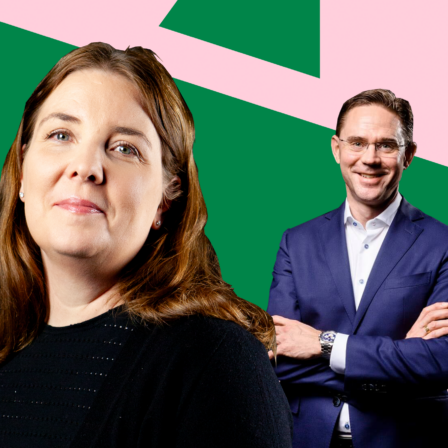
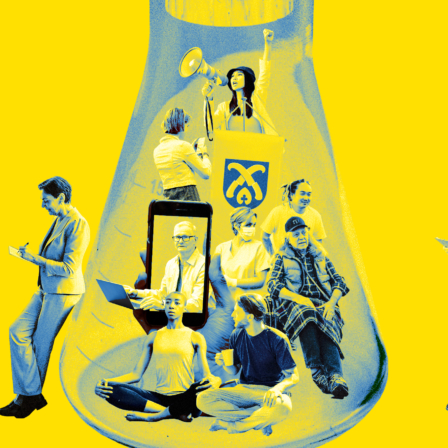
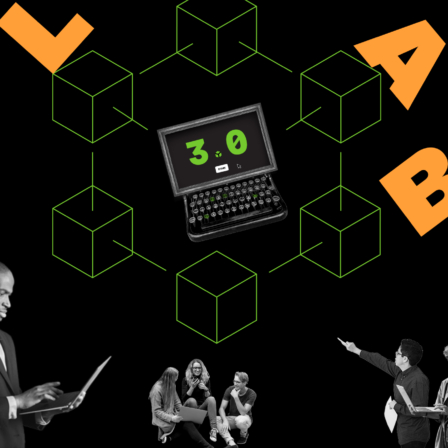
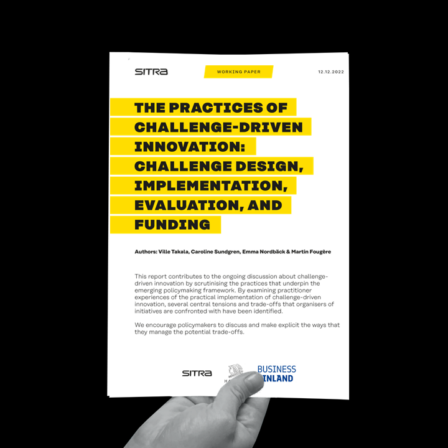
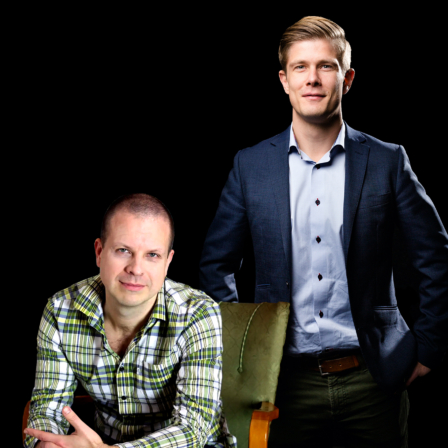

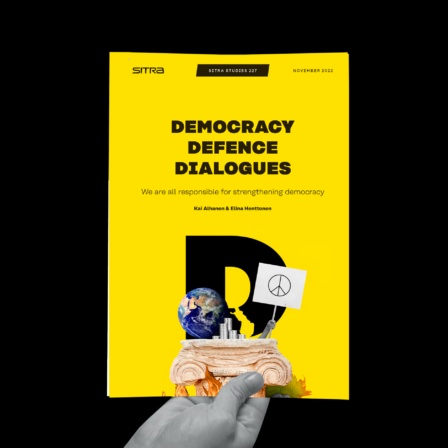


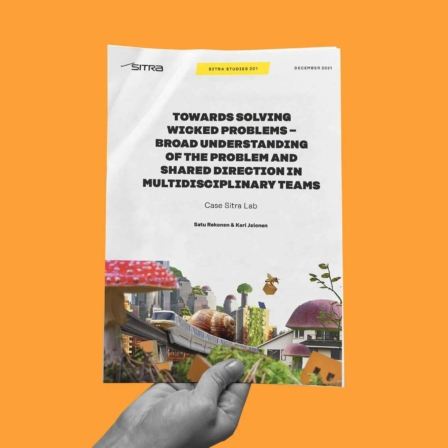


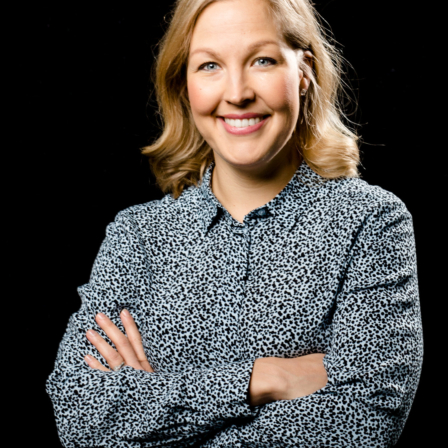
Recommended
Have some more.